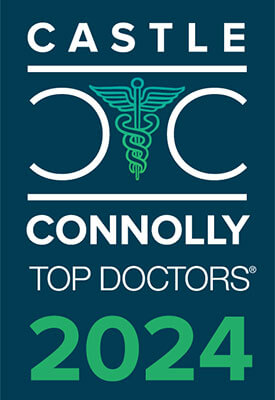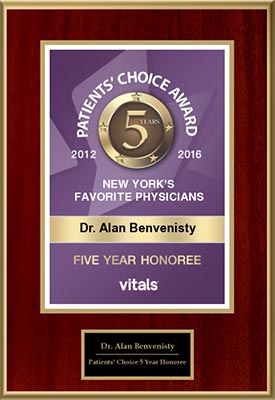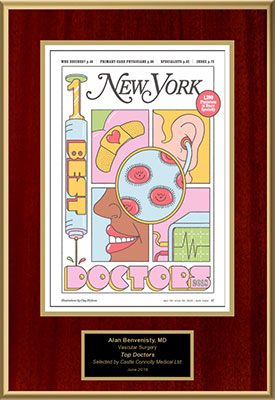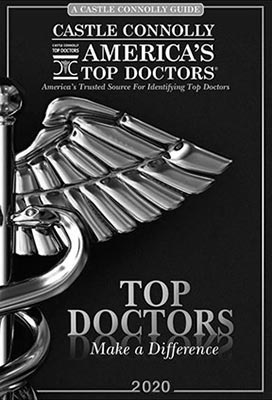Kidney (Renal) Transplant
When faced with the devastating effects of end stage kidney (renal) disease, many individuals across the U.S. will begin dialysis therapy as a means to restore kidney function. Yet, with a myriad of side effects and potential risks, not to mention high costs and time consuming treatments, a kidney (renal) transplant is a less inconvenient option.
To determine one’s candidacy for a kidney transplant, a series of tests are administered such as tissue and blood typing, skin tests, heart tests (EKG, echocardiogram, or cardiac catheterization) and cancer screenings. If individuals are deemed good candidates for transplant surgery, they are placed on a national waiting list. Most continue dialysis during this waiting period, which averages two years.
Regardless of age, a kidney transplant can be provided to individuals that are healthy enough to endure a major operation. There must also be a good chance of transplant success, as determined by a physician. In addition, recipients must agree to take immunosuppressants following the operation to ensure that their body doesn’t reject the new organ.
A kidney (renal) transplant may not be performed for individuals with the following:
- Infections (including tuberculosis or infections of the bone, hepatitis)
- Problems taking medications several times each day (permanently)
- Heart, liver or lung disease
- Recent history of cancer
- Lifestyle habits such as smoking, alcohol or drug abuse
Dr. Benvenisty is a unique transplant surgeon as he also is a board certified vascular surgeon. This extra expertise thelps him deal with the intricacies of renal transplant surgery. In cases where vascular disease may complicate renal transplant candidacy or outcome, Dr. Benvenisty has a particular expertise. Dr. Benvenisty has been instrumental in performing transplant surgery as well as helping patients maximize their quality of life following their transplant.To schedule an appointment with Dr. Benvenisty, call the Recanati Miller Transplant Institute at (212) 659-8086.
After A Kidney (Renal) Transplant
Careful monitoring and testing must be administered following a kidney (renal) transplant, especially for the first few months. A series of blood tests and x-rays will likely be necessary for many years, and patients must commit to taking medications as directed.
One of the greatest risks associated with kidney transplantation is rejection of the kidney. This occurs when the body sees the new kidney as a foreign object and attempts to attack it. For this reason, special medication to suppress the immune system is given to transplant recipients. While there are risks associated with immunosuppressants such as an increased risk for infection, cancer, high blood pressure, high cholesterol and diabetes, most note that their overall quality of life is greater after their transplant.
As one of the most common transplant operations in the United States, kidney transplants are a life-changing surgical procedure that advances the life of patients suffering from kidney failure or end stage renal disease. As a well-known vascular and endovascular surgeon in New York City, Dr. Benvenisty holds extensive expertise in kidney and renal transplant surgery. His philosophy of treating patients as individuals is one reason why Dr. Benvenisty has received a five-star patient experience rating. To schedule your appointment with Dr. Benvenisty, call the Recanati Miller Transplant Institute at (212) 659-8086.







